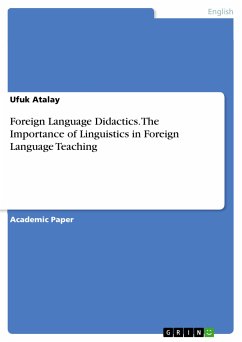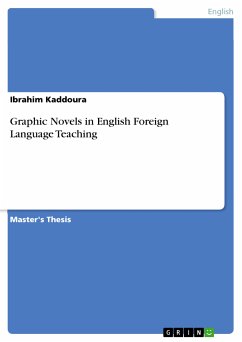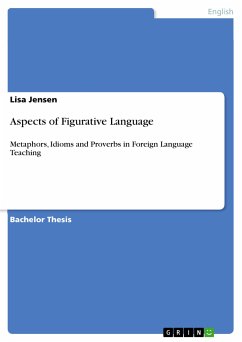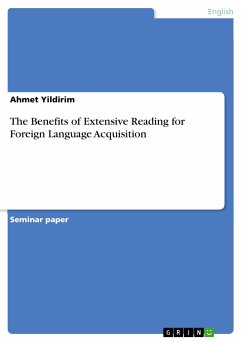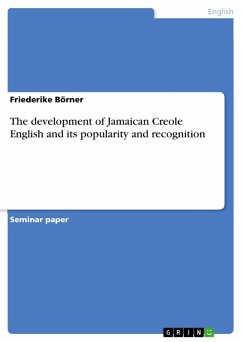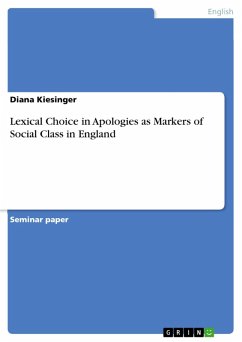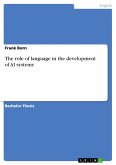Academic Paper from the year 2020 in the subject English Language and Literature Studies - Linguistics, Selçuk University (Faculty of Letters), language: English, abstract: This paper takes a closer look on the importance of linguistics in foreign language teaching. The practice of foreign language teaching encompasses a range of activities aimed at imparting proficiency in languages other than one's native tongue for specific purposes. The historical development of foreign language education has been heavily influenced by economic and technological advancements, as well as expanding trade and transportation opportunities resulting from Europe's industrialization. The need for effective communication and cultural understanding in an increasingly interconnected world has elevated the importance of foreign language instruction. Foreign language teaching methods have evolved in accordance with linguistic theories and educational perspectives. The Audiolingual Method, emphasizes imitation, practice, and reinforcement for language acquisition. Sociolinguistics, which explores language's interaction with society, has contributed to the Situational/Contextual Method, focusing on practical language use. The advent of Generative Linguistics led to a shift from rote memorization to cognitive code-learning, allowing learners to generate sentences independently. Bilingualism and Cognitive Linguistics have further deepened our understanding of language's connection to cognitive processes and its integration into artificial intelligence applications for instruction. Applied Linguistics plays a crucial role in addressing language-related needs through linguistic principles, impacting the creation of teaching materials, grammar books, and computer-assisted language learning. International relations also shape language education, influencing which languages are taught and how they're taught. Modern language education is influenced by humanistic psychology, emphasizing individual learning processes and socio-cultural factors. Student-centered instruction has emerged, emphasizing authentic communication, contextually relevant interactions, and personalized learning experiences. This evolution marks a departure from traditional teaching methods, fostering a reciprocal and immersive learning journey that combines linguistic competence with the intricacies of human expression and interaction. In summary, foreign language education has evolved in response to linguistic insights, educational paradigms, and the demands of an interconnected world, fostering a dynamic approach that prioritizes effective communication and cultural understanding.
Dieser Download kann aus rechtlichen Gründen nur mit Rechnungsadresse in A, B, BG, CY, CZ, D, DK, EW, E, FIN, F, GR, HR, H, IRL, I, LT, L, LR, M, NL, PL, P, R, S, SLO, SK ausgeliefert werden.
Hinweis: Dieser Artikel kann nur an eine deutsche Lieferadresse ausgeliefert werden.

